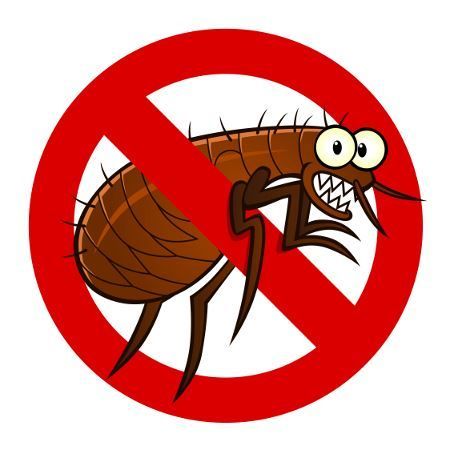Why Are Fleas Problematic?
1/14/2022
|

(click image to view larger)
|
|
Flea control or flea extermination must be performed as soon as there is a problem. Here is why:
- Transmit Diseases - Fleas can transmit tapeworms and bacterial infections to their hosts which include humans and pets.
- Highly Prolific – the biting adult stage might be living on the pet, in addition to hundreds or thousands of eggs, larvae and pupae elsewhere in the home and/or yard. If early signs of fleas are ignored, infestations can quickly spiral out of control.
- Pupae Can Go Dormant - Pupae can last for up to 5 months before they mature into an adult. This can be caused by vibration, CO2 and higher temperatures. This means that if a home is vacant for a long time, then people start living in it again, and “out of nowhere” the fleas will appear.
- Pupae Are Resistant To Insecticides - Once a home is treated for fleas the “pupal window” (time it takes for the pupal stage to mature into adults) is 8-10 days. As a result, the pest controller should use a long-lasting time released insecticide to affect the fleas.
- High Number of Off-Spring - One adult female will produce 300-500 eggs.
- Short Life Cycle - Adult fleas can reproduce in as little as 3 weeks.
- Adult Fleas Are a Small Part of Population – A typical infestation of fleas will have 1% Adults, 8% Pupae, 57% Larvae and 34% Eggs
|
|
|
|

